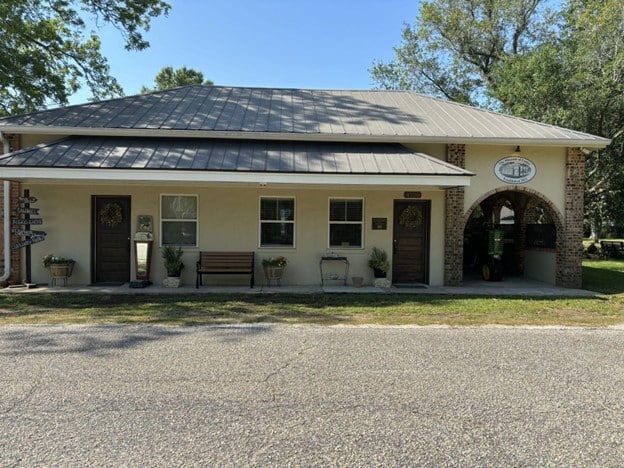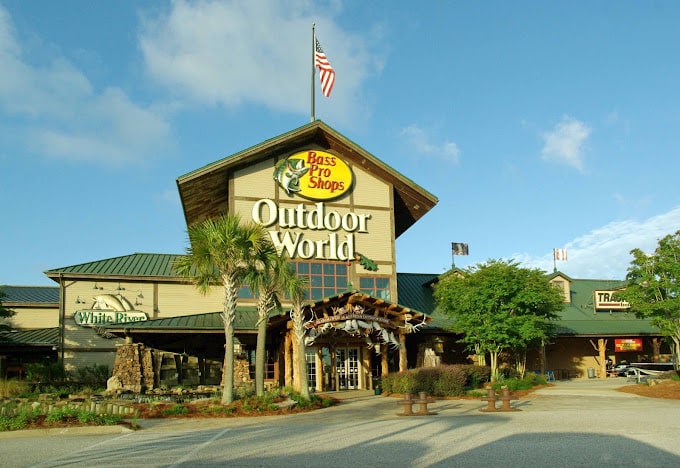Tackling a large-scale cleanup or renovation project? Overwhelmed by the sheer volume of waste? Dumpster rentals offer a simple, efficient, and surprisingly eco-friendly solution for effortless garbage removal. Discover how utilizing a dumpster can streamline your project, save you time and money, and contribute to a cleaner environment.
What is a dumpster rental?
A dumpster rental involves renting a large waste container, often called a roll-off container, for a specified period to dispose of large quantities of garbage. These containers come in various sizes, making them suitable for residential cleanups, construction projects, and commercial applications. The service typically includes delivery, pickup, and responsible disposal of the waste, providing a convenient and comprehensive waste management solution. Choosing the right size dumpster ensures efficient waste removal and avoids unnecessary costs. Understanding dumpster rental options is key to a successful project.
What are the benefits of using a dumpster for residential projects?
Residential projects, from spring cleaning to major renovations, often generate significant amounts of waste. A dumpster rental provides a designated area for accumulating debris, keeping your property organized and preventing unsightly piles of trash. The easy cleanup process simplifies the entire project, leaving you with a clean and functional space. Using a dumpster for household waste streamlines the removal process and eliminates the need for multiple trips to the local landfill or waste disposal center. This convenient waste disposal method allows homeowners to focus on completing their project.
How does using a dumpster help with construction waste?
Construction sites generate massive quantities of debris, including wood scraps, metal, concrete, and other materials. Dumpsters are essential for managing this construction waste effectively. They offer a safe and organized system for collecting and disposing of bulky waste, ensuring a clean and hazard-free work environment. The efficient debris removal facilitated by dumpster rentals contributes to overall project timelines and minimizes disruption. Using appropriate-sized dumpsters for various construction waste types also helps with efficient waste management and minimizes environmental impact.
What are the environmental advantages of dumpster use?
Contrary to popular belief, dumpster rentals can promote environmentally friendly waste disposal practices. Many providers offer recycling and waste sorting options, diverting recyclable materials from landfills. By properly separating green waste, construction debris, and other recyclable materials, dumpster usage can positively impact waste reduction efforts and decrease the environmental burden of landfills. Responsible waste management using dumpsters helps reduce greenhouse gas emissions and promotes sustainable practices in waste disposal.
How can using a dumpster save time and money?
Dumpster rentals can be surprisingly cost-effective, especially for larger projects. While there's an upfront cost, it often saves money compared to repeated trips to the landfill or hiring multiple junk removal services. The time saved by having a dedicated disposal area and streamlined removal process significantly increases project efficiency. Reliable service providers ensure timely delivery and pickup, minimizing project delays. Ultimately, dumpsters offer a time-saving and financially sound waste management solution for various projects.
What types of waste can be disposed of in a dumpster?
Most dumpsters accept a wide range of waste materials, including household items, renovation debris, yard waste, and even some types of construction materials like wood and metal (depending on the type of dumpster). However, it's crucial to check with your rental provider regarding hazardous waste like chemicals, electronics, and medical waste. These materials require specialized disposal and cannot be https://orangebeach-alabama-36561yc466.wpsuo.com/conquer-your-clutter-the-ultimate-guide-to-dumpster-rental-services-in-2025 placed in standard dumpsters. Understanding permitted and prohibited waste ensures compliance and prevents potential hazards or fees.
- Common Waste Types for Dumpsters: Household items, renovation debris, yard waste, cardboard, and certain types of metal and concrete. Waste NOT Suitable for Dumpsters: Hazardous waste (chemicals, paint, batteries), medical waste, electronics, and certain types of asbestos.
How does dumpster rental work?
Renting a dumpster is a straightforward process. You choose the size and type of dumpster based on your needs, schedule the delivery and pickup dates, and the provider delivers the container to your location. Once filled, you contact the provider to schedule pickup. They then remove the dumpster and transport the waste to an appropriate disposal facility. The entire process is designed to be convenient and hassle-free, making waste removal easy and efficient. Several providers offer online booking and various size options to meet diverse project requirements.
Choosing the Right Dumpster Size: A Practical Guide
Selecting the correct dumpster size is paramount for efficient waste disposal and cost optimization. A dumpster too small will result in overflowing waste and extra rental costs, whereas one that's too large represents unnecessary expense. Consider the following factors:
- Project Scope: Small residential cleanups might only need a 10-yard dumpster, while large-scale construction projects may require 30-yard or larger containers. Waste Type: Bulky materials like concrete and demolition debris necessitate larger containers than lighter household waste. Duration of Project: Longer projects might benefit from renting a dumpster for an extended period to avoid multiple rentals.
Cost Comparison: Dumpster Rental vs. Other Options
The cost of dumpster rental varies depending on size, location, and rental duration. However, when compared to alternative methods like repeated trips to the landfill or hiring multiple junk removal crews, dumpsters frequently offer significant cost savings, especially for larger projects. The convenience and efficiency gained often outweigh the initial rental fee. It's recommended to obtain quotes from several providers to compare prices and services.
Dumpster Size (Cubic Yards) Estimated Cost Range Suitable for 10 $300 - $400 Small residential cleanups, minor renovations 20 $400 - $600 Medium-sized renovations, larger residential projects 30 $600 - $800+ Large-scale construction projects, commercial cleanups
Frequently Asked Questions
Q: What is the average cost of dumpster rental?

A: Costs vary widely based on location, dumpster size, and rental duration. Expect a range from approximately $300 to $800 or more.
Q: How long can I keep a dumpster?
A: Most rentals are for a week, but extensions are often available for an additional fee. Contact your provider to arrange an extension.
Q: Can I throw away electronics in a dumpster?
A: No, most services prohibit electronics due to hazardous components. These require specialized recycling facilities. Check local regulations for proper e-waste disposal.
Q: What happens to the waste after it’s collected?
A: Waste is transported to a local landfill or recycling center depending on its type and local regulations. Many providers prioritize recycling efforts.

Q: Do I need a permit for a dumpster on my property?
A: Permit requirements vary based on local ordinances and the dumpster's placement. Check with your local authorities before renting a dumpster.
Conclusion
Dumpster rentals offer a comprehensive and efficient solution for various waste removal needs. From simplifying residential cleanups to streamlining large-scale construction projects, the convenience, cost-effectiveness, and environmental benefits are undeniable. By understanding the different dumpster sizes, permitted waste types, and rental procedures, you can effectively manage your waste and achieve a cleaner, more organized outcome. Contact a reputable dumpster rental service today to tackle your next project with ease and efficiency!